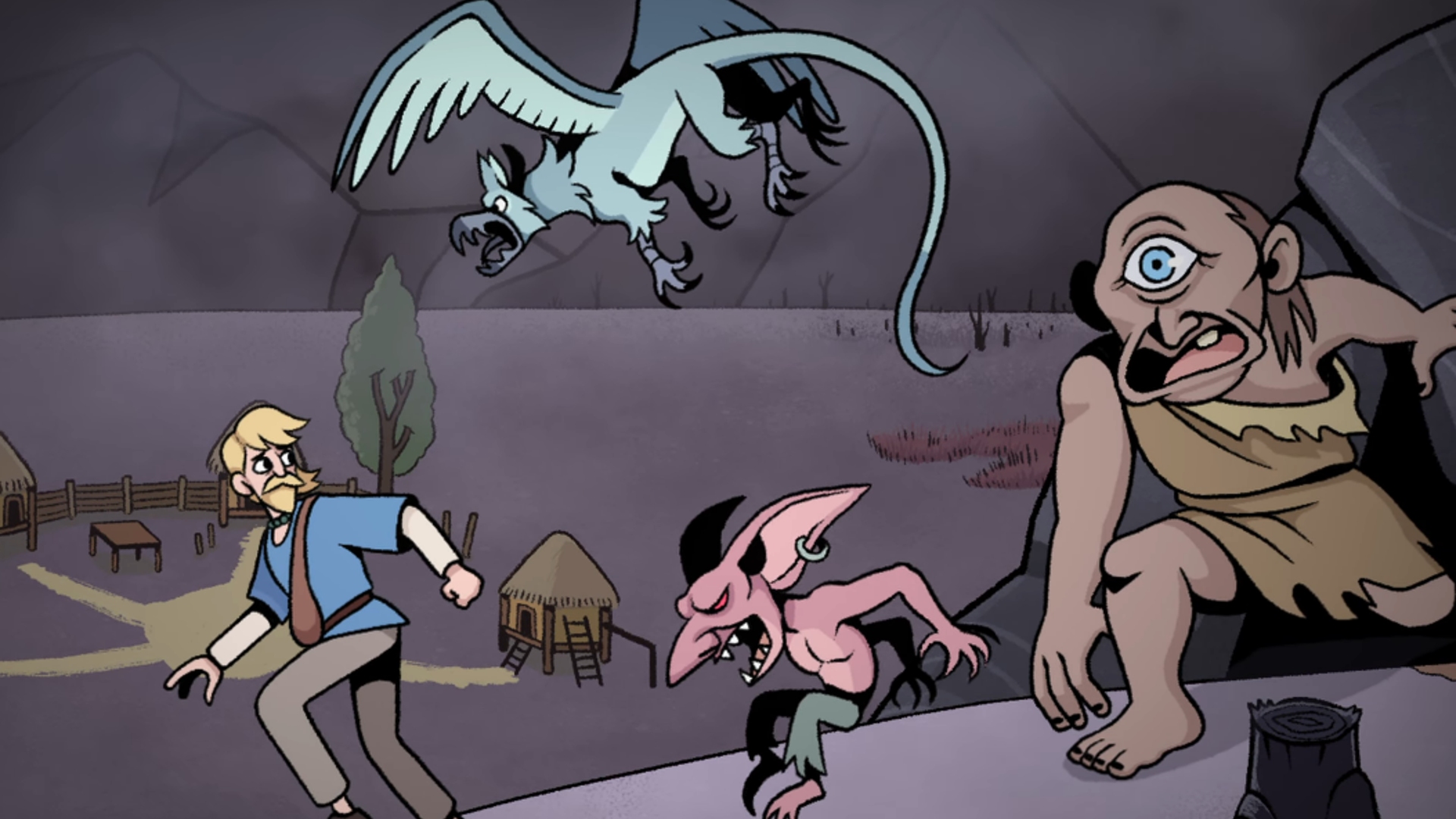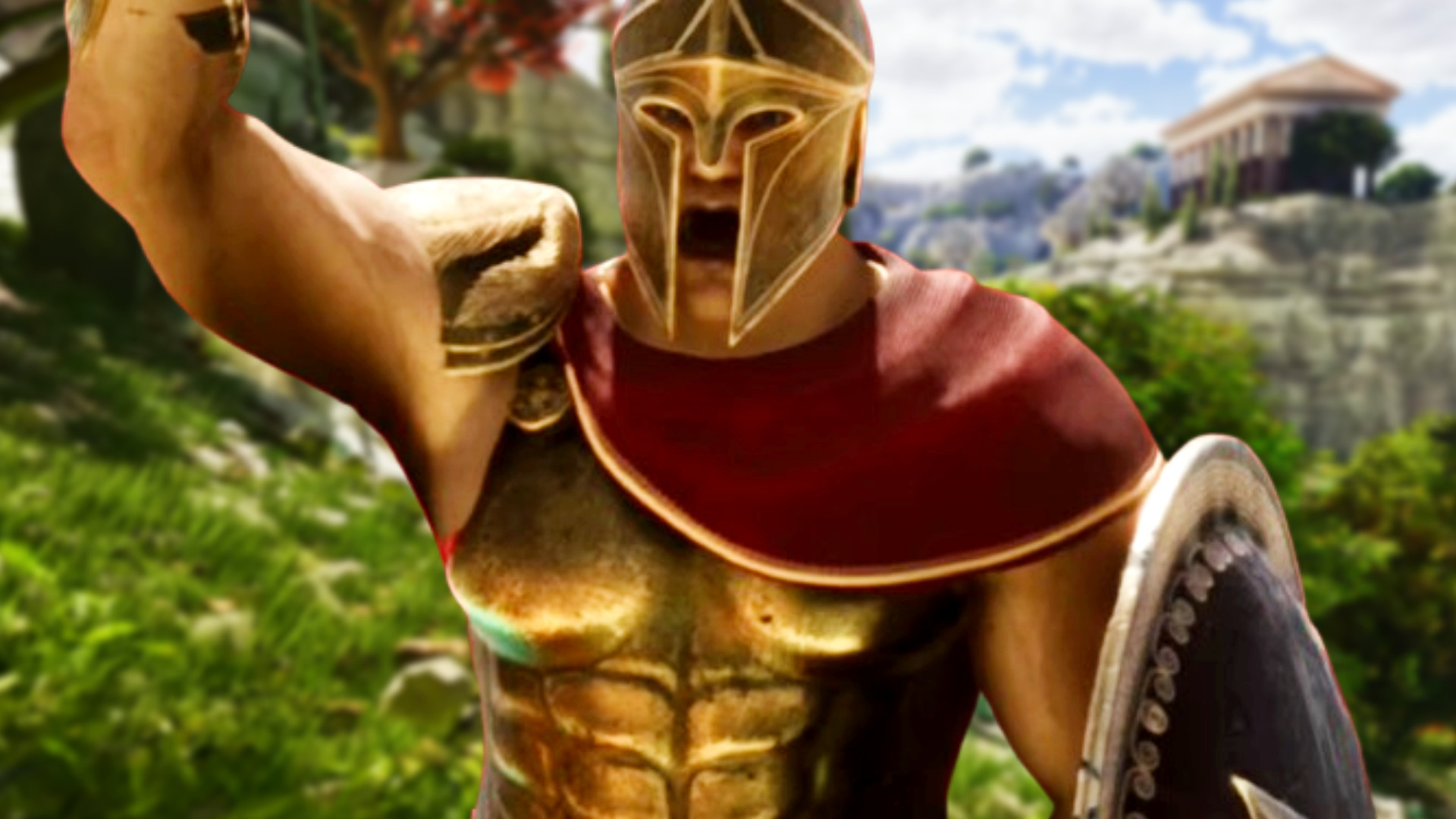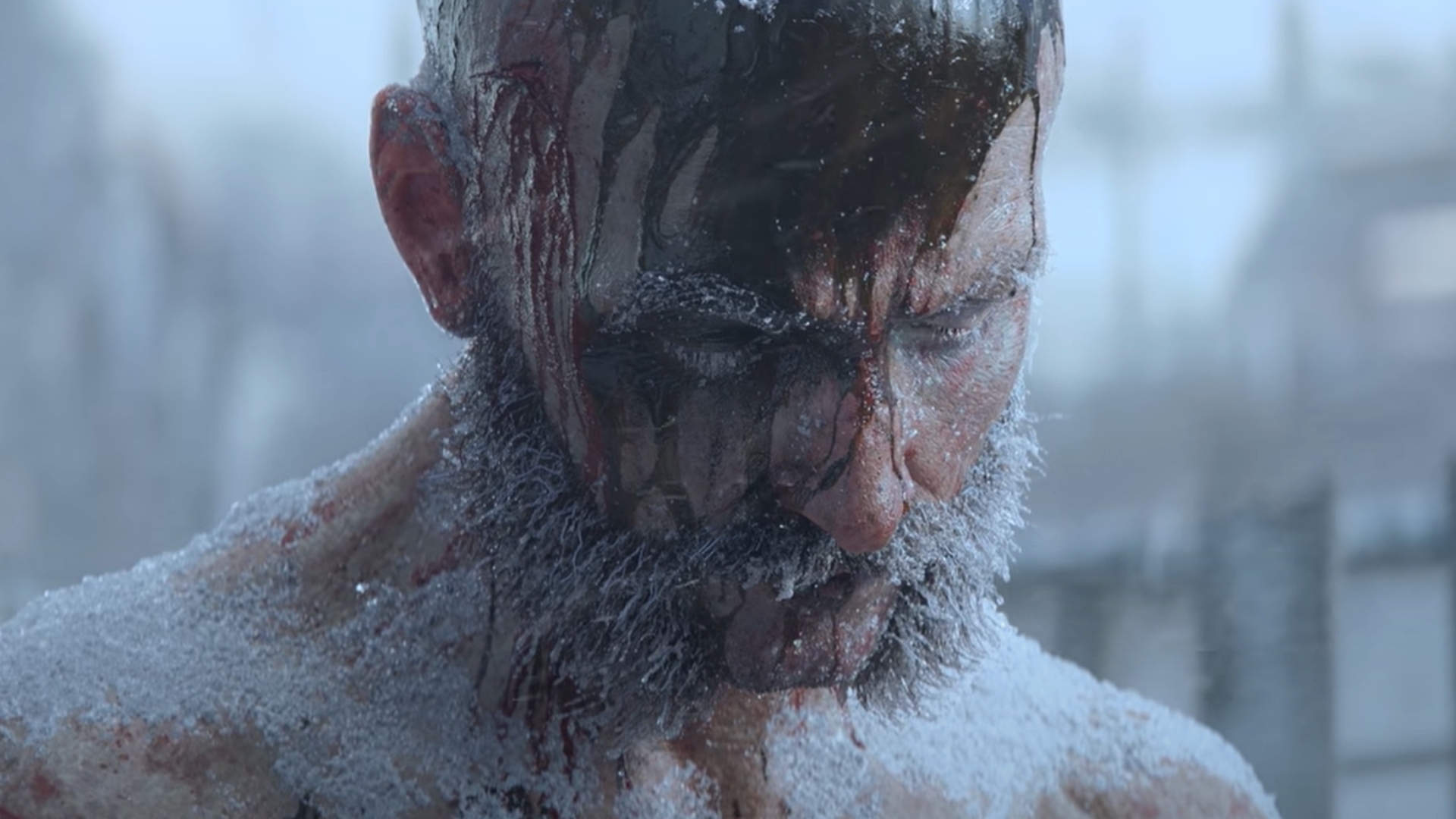Inspired by Resident Evil and Silent Hill, this new indie is a perfect example of horror game design
We may earn a commission when you buy through links in our articles. Learn more.
So much as videogames are mechanical objects, where the goal is to do things, unlock things, and advance through successive obstacles and challenges, the most frightening prospect, when playing the game, is that you might be unable to progress. Dark Souls and Elden Ring play on this fear consistently – the threat of Malenia is not only that she’s extremely hard to defeat, but that you might not be able to defeat her at all; that the game might somehow permanently beat you. It’s a subtle, unspoken terror that was especially present in the earlier Resident Evil and Silent Hill games.
Given that you had a (seemingly) limited amount of ammunition and a small number of ink ribbons for saving your progress, it always felt possible – probable, even – that you would reach a point where you simply couldn’t go on any longer. It’s the threat of ‘death’ – death in a more tangible, permanent sense. You don’t get killed by an enemy and restart. You lose all possibility of being able to progress. It’s your playthrough, your save game, that ‘dies.’
Created by Nathan Hemley, Hollowbody is a new survival horror game inspired heavily by Silent Hill, classic RE, and the bleak futurism of Cyberpunk 2077’s Night City. As Mica, a young woman stranded in an abandoned British town that’s been destroyed by a mysterious plague, you’re ostensibly equipped with all the tools necessary for survival: gun, health kit, map, and so on. But what the physical space of Hollowbody produces is a discrete sense that you are alone; that the world around you is ignorant to your ordeal.
Often in survival horror, environments – especially interiors – feel like complex, multistoried puzzle boxes. From the Derceto mansion in the original Alone in the Dark, to the Spencer Estate, the RPD, and Silent Hill’s elementary schools, hospitals, and amusement parks, almost every room in these buildings contains something that is conducive to your progress.
In some cases, what you find helps your progress in a literal sense, like more bullets, a new weapon, or a key. In others, you discover files and other lore-conveying items that help you to better understand what is going on narratively, in-turn bestowing you with a greater knowledge, and by extension dominion or power. We fear what we don’t know. When you discover the file which, for example, explains how the Raccoon police officers have encountered the Licker and deduced that it is completely blind, and only reacts to sound, you become laterally less vulnerable.
What distinguishes Hollowbody is its commitment to decrepitude. Often – and especially in the opening section, in the apartment building – you will enter rooms, houses, or other areas and find…nothing, that is to say, nothing that is mechanically useful as a player. Instead, it’s a dead body or a scene of some long-ago horror, an image that insists the game’s desperation and loneliness.
If every time you search somewhere in a survival horror game you find bullets, guns, notes, and keys, the world starts to feel too much like it’s designed around you; like it’s prepared to ensure you are taken care of; you have what you need; you’ve got everything necessary for you to progress and to succeed.
By creating so much, as it were, ‘non-mechanical’ space, not only does Hemley emphasize the destitution of Hollowbody’s setting and the terror that naturally occurs from feeling that you’re by yourself somewhere dangerous; the developer also creates a sense that the game is indifferent to you, that not everything here is created to facilitate and smoothen your experience.
And that, in turn, accentuates your feeling of vulnerability, the idea that the game and its maker are not primarily looking out for you – and that if you’re not careful, with every step, there’s a chance you could reach an impasse; that you might be unable to progress; that you could, in the videogame mechanical sense, ‘die.’




